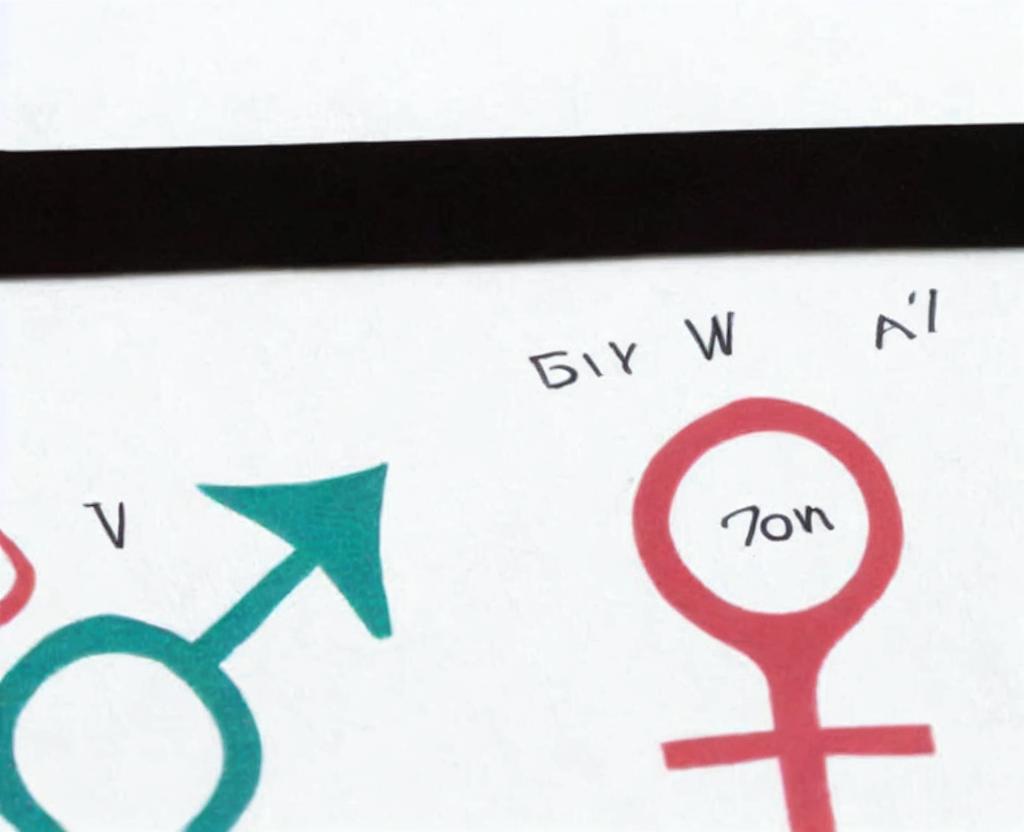
World Contraception Day
World Contraception Day, which takes place every year on September 26th, raises concerns about abortion and safe sex. The day also encourages younger generations to make informed decisions about sexual health.
Birth control is a relatively recent development, according to many. However, both men and women as far back as 3000 BC used various methods to avoid pregnancy. Ancient Egyptian men had invented the first condom in 3000 BC. In 1850 BC, women were using a pessary to prevent pregnancy. To kill sperm, this contraceptive device was implanted inside the vagina. A concoction of crocodile dung, honey, and sodium carbonate was found in the pessary.
Many other people over the years attempted to produce their own contraception. People also used Lysol to prevent pregnancy, which should never be used on or inside the body. Those were also used to prevent pregnancy. The FDA approved the first birth control tablet in 1960. However, blood clots were present in the first forms of oral birth control in high doses. Since then, the pill has been refined and is now one of the most common forms of condomation for women. Tubal ligation is the most common method used by women to prevent pregnancy. About 219 million women around the world choose this method, also known as getting "tubes tied." Condoms, IUD, and the pill are among the many condoms, IUD, and the pill among other contraceptive products that have over 100 million users around the world.
Other than preventing pregnancy, one form of condomation also helps avoids sexually transmitted diseases (STDs). More than one million STDs are reported every day, according to the World Health Organization (WHO). Doctors diagnose 376 million new cases of chlamydia, gonorrhea, syphilis, and trichomoniasis each year. Both STDs are prevented by condoms and abstinence.
How to celebrate #worldcontraceptionday. www.worldcontraceptiondaycom
Family planning organizations host activities to inform the general public on the benefits of contraception on this day. These organisations give out free condoms in tandem with increasing awareness of the various forms of condoms. The family-planning-themed trivia, person-on-the-street interviews about family planning, displays of condoms worldwide, and contraceptive-themed costume parties were among the festivities..
To participate:
- Volunteer for your local family planning group....
- Learn more about the various forms of condom used around the world
- Educate your children on the benefits of safe sex and abstinence
#WorldContraceptionDay is a hashtag on social media to raise concerns for this day.
The world contraception day is the first day of history
In 2007, ten international family planning organisations banded together to create World Contraception Day. They set out a goal to provide safe, efficient, and preferred family planning options and condomation methods. In addition, 15 NGOs around the world, as well as several scientific and medical societies, all support this day..







